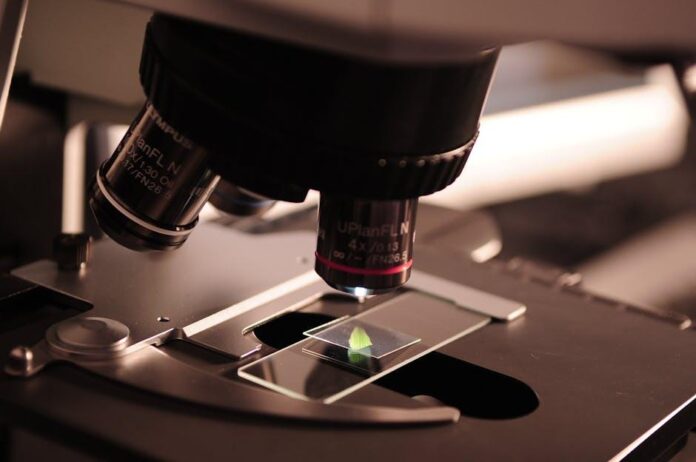
Glucose metabolism is a vital process that occurs in our bodies to ensure we have the energy needed to carry out our daily activities. Understanding how our bodies process sugar can give us insight into how our health is affected by the foods we eat and the lifestyle choices we make.
Glucose is a type of sugar that is the primary source of energy for our bodies. When we eat foods that contain carbohydrates, such as bread, pasta, and fruit, they are broken down into glucose during the digestion process. This glucose is then absorbed into the bloodstream and transported to the cells throughout our body to provide energy.
The process of glucose metabolism begins in the small intestine, where carbohydrates are broken down into simple sugars such as glucose, fructose, and galactose. These sugars are then absorbed into the bloodstream and transported to the liver where they are converted into glucose.
Once in the liver, glucose is either used for immediate energy needs or stored as glycogen for later use. Glycogen is a form of stored glucose that can be broken down into glucose when the body needs energy. The liver also plays a crucial role in regulating blood sugar levels by releasing glucose into the bloodstream when levels are low and storing excess glucose when levels are high.
After leaving the liver, glucose is transported to the cells throughout the body through the bloodstream. Cells use glucose as a source of energy to carry out their functions, such as muscle contractions and brain activity. However, not all cells can use glucose directly as an energy source. Some cells, such as those in the brain and red blood cells, rely solely on glucose for energy.
The process of glucose metabolism also involves insulin, a hormone produced by the pancreas. Insulin plays a crucial role in regulating blood sugar levels by promoting the uptake of glucose by cells and inhibiting the production of glucose by the liver. When blood sugar levels are high, insulin is released to help lower them. However, when blood sugar levels are low, another hormone called glucagon is released to help raise them.
Disruptions in glucose metabolism can lead to various health complications, including diabetes. Diabetes is a chronic condition characterized by high blood sugar levels due to insufficient insulin production or resistance to insulin. Type 1 diabetes is an autoimmune condition in which the immune system attacks and destroys the insulin-producing cells in the pancreas. Type 2 diabetes, on the other hand, is caused by a combination of genetic and lifestyle factors that lead to insulin resistance.
Uncontrolled diabetes can lead to serious complications, including heart disease, kidney failure, and nerve damage. Therefore, it is essential to maintain healthy blood sugar levels through a balanced diet, regular exercise, and proper medical care.
One way to improve glucose metabolism is through diet. Foods that are high in fiber, such as fruits, vegetables, and whole grains, can help slow down the absorption of glucose into the bloodstream, preventing spikes in blood sugar levels. Foods that are high in refined sugars, such as desserts and sugary drinks, should be consumed in moderation to prevent blood sugar fluctuations.
Regular exercise is another important factor in improving glucose metabolism. Exercise helps increase insulin sensitivity, allowing cells to take up glucose more effectively. It also helps reduce blood sugar levels by promoting the conversion of glucose into energy.
In addition to diet and exercise, managing stress can also help improve glucose metabolism. Chronic stress can lead to an increase in blood sugar levels through the release of stress hormones, such as cortisol. Practicing relaxation techniques, such as deep breathing and meditation, can help reduce stress levels and improve overall health.
In conclusion, glucose metabolism is a complex process that plays a vital role in ensuring our bodies have the energy needed to function properly. Understanding how our bodies process sugar can help us make informed choices about our diet and lifestyle to improve our overall health. By maintaining healthy blood sugar levels through a balanced diet, regular exercise, and stress management, we can support optimal glucose metabolism and reduce the risk of developing health complications such as diabetes.

















